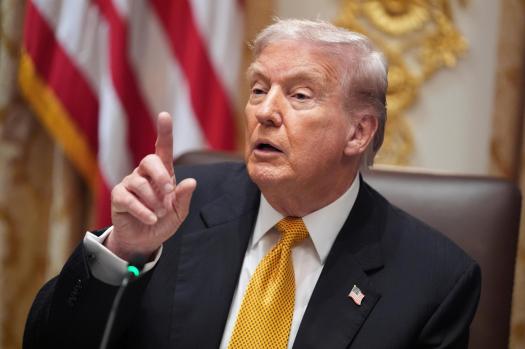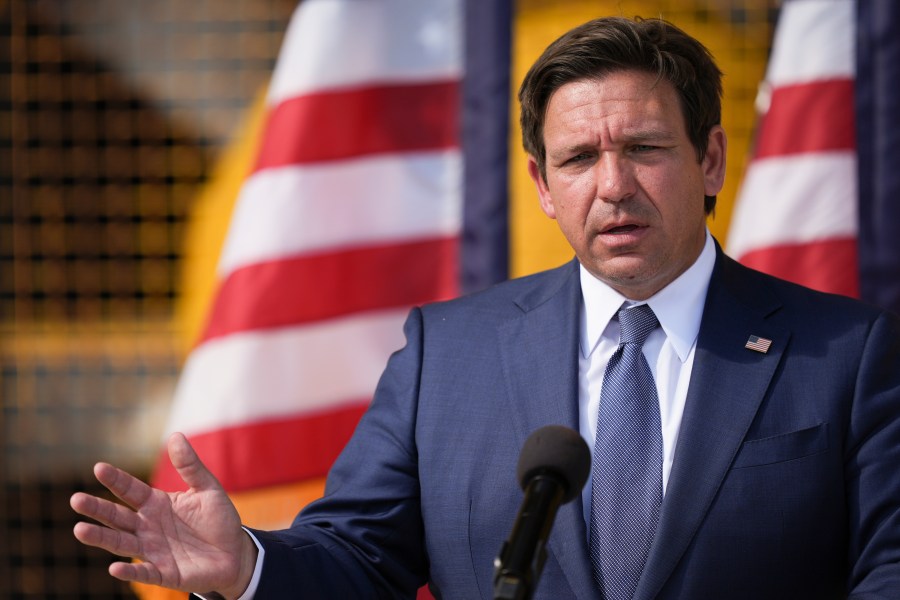UPDATE: Former President Donald Trump is once again in the spotlight as his controversial stance on drug legalization from 1990 has resurfaced amid the ongoing opioid crisis in the United States. During a luncheon with the Miami Herald, Trump boldly stated, “We’re losing badly the war on drugs,” advocating for legalization to eliminate profits for drug traffickers.
This urgent statement comes as the nation grapples with soaring drug-related deaths, largely driven by synthetic opioids like fentanyl. In a shocking twist, Trump’s recent proposals include extreme measures against suspected drug smugglers, which he claims could save “25,000 American lives” per interception. However, experts and critics are raising alarms over the validity of these claims, emphasizing the lack of evidence linking these vessels to drug trafficking.
During the violent crack cocaine epidemic of the late 1980s, Trump was not alone in his skepticism towards the drug war. Esteemed economist Milton Friedman echoed similar sentiments, comparing the current situation to the consequences of alcohol prohibition. Friedman highlighted how prohibition leads to increased deaths from overdoses and poisonings, a reality that has now become a part of America’s drug crisis narrative.
According to the Cato Institute, the U.S. has spent an astonishing $1 trillion on the war on drugs since the 1970s. This has resulted in millions of arrests and a persistent climate of violence and corruption. Tragically, the last two decades have seen a dramatic rise in drug-related fatalities, prompting a critical reassessment of prohibition policies.
Trump’s recent remarks during an October 15, 2023 press conference have been met with skepticism. He stated, “Every boat that we knock out we save 25,000 American lives,” a claim that lacks any substantial backing. The American Immigration Council indicates that from fiscal years 2019 through June 2024, an overwhelming 81.2% of individuals caught smuggling fentanyl at southern ports were U.S. citizens.
The stakes are higher than ever as the nation faces an escalating crisis. With drug-related deaths hitting record numbers, many are calling for a reevaluation of current policies. It’s clear that America needs to confront the reality of its drug war—an approach that has proven ineffective and costly over decades.
As the discourse heats up, the question remains: will Trump channel his 1990 insight and push for a transformative shift in drug policy? Or will he continue down the path of punitive measures that critics argue are failing? This developing story emphasizes the urgent need for a national conversation on drug legalization and harm reduction strategies.
Stay tuned for more updates as this critical issue evolves. The implications of these policies will continue to affect countless lives across the nation.







